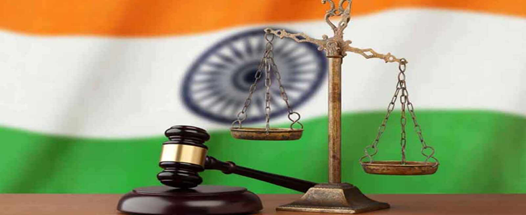National Lok Adalat
Context
National Lok Adalat will be held on 12 November across the country to dispose off pending cases through settlement. 
About Lok Adalat
- The Lok Adalat is one of the alternative dispute redressal mechanisms platform where the cases (or disputes) which are pending before a court or which are at the pre-litigation stage (not yet brought before a court) are compromised or settled in an agreeable manner.
- The ‘Lok Adalat’ is one of the components of the ADR (Alternative Dispute Resolution) system.
- National Legal Services Authority of India (NALSA) along with other Legal Services Institutions conducts Lok Adalats.
- Indian courts are overburdened with a backlog of cases and the regular courts are to decide the cases involving a lengthy, expensive and tedious procedure.
- Lok Adalat provides alternative resolutions for expeditious and inexpensive justice.
- Lok Adalat is an alternate mode of dispute settlement that has come to be accepted as a viable, economic, efficient and informal one.
- Lok Adalat is one of the alternative dispute redressal mechanisms, it is a forum where disputes/cases pending in the court of law or at pre-litigation stage are settled/ compromised amicably.
Background
- The first Lok Adalat camp was organised in Gujarat in 1982. This initiative proved very successful in the settlement of disputes.
- The institution of Lok Adalat started spreading to other parts of the country.
- At that time, this institution was functioning as a voluntary and conciliatory agency without any statutory backing for its decisions.
- The institution of Lok Adalat has been given statutory status under the Legal Services Authorities Act, 1987.
Nature of Cases to be referred to Lok Adalat
- Any case pending before any court.
- Any dispute which has not been brought before any court and is likely to be filed before the court.
- Any matter relating to an offence not compoundable under the law shall not be settled in Lok Adalat.
|
About NALSA
|

